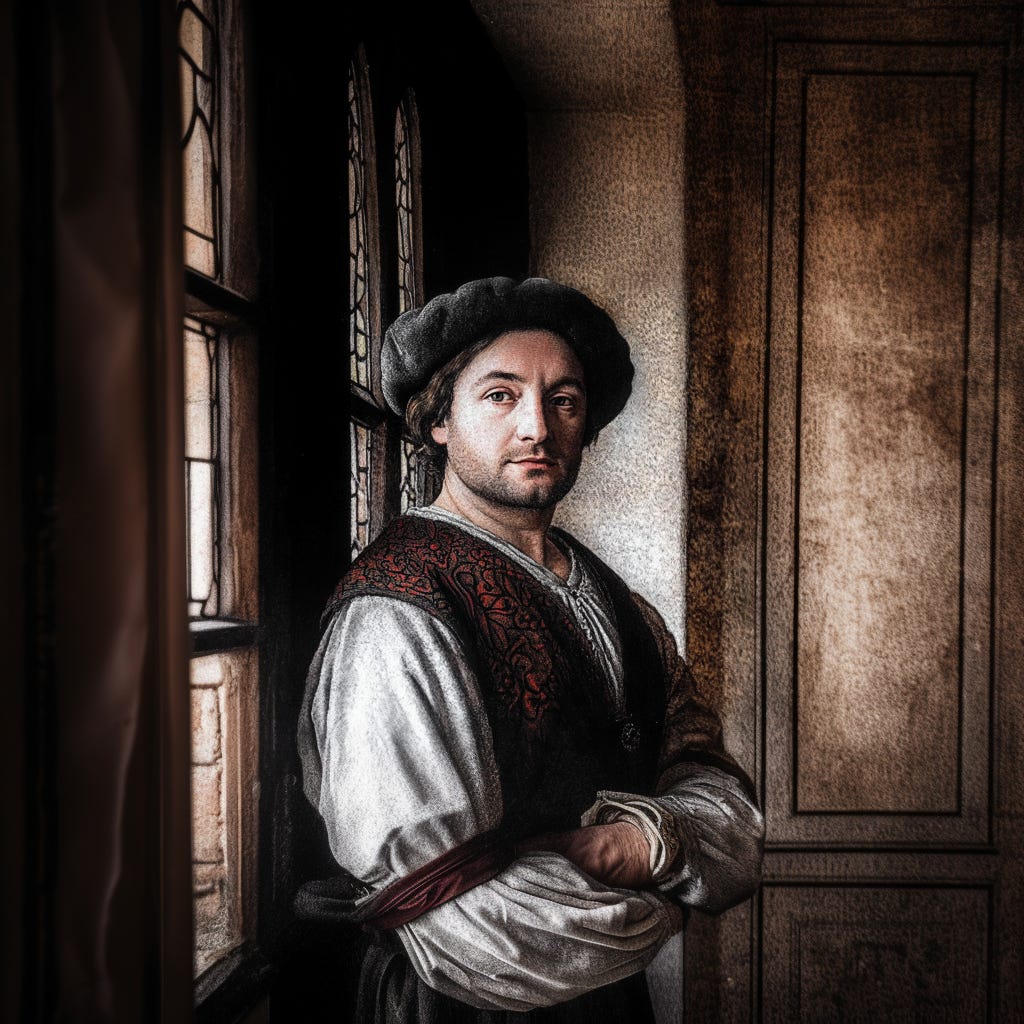Poet, Philosopher, Criminal: The Extraordinary Life and Mysterious Disappearance of François Villon
Renowned as an artist who lived his life on the fringes of polite society, François Villon struggled with his demons while simultaneously being regarded as one of the finest poets in medieval France
Early Years
Born in Paris around 1431, François Villon was orphaned as a young boy. Fortunately for him, a man named Guillaume de Villon took him in and provided him with an education.
This ultimately led to Villon earning a Master of Arts degree from the University of Paris. With the support of his benefactor, Villon appeared to be on a path towards a life filled with learning and security. However, his bright future was quickly eclipsed by a string of incidents that forever altered the course of his life.
In 1455, Villon got into a fight that led to the death of a priest named Philippe Sermoise. Though he argued that he acted in self-defense, he chose to leave Paris.
This incident forever altered his future and pushed him towards a criminal life, which would define his later years as a fugitive and outlaw.




